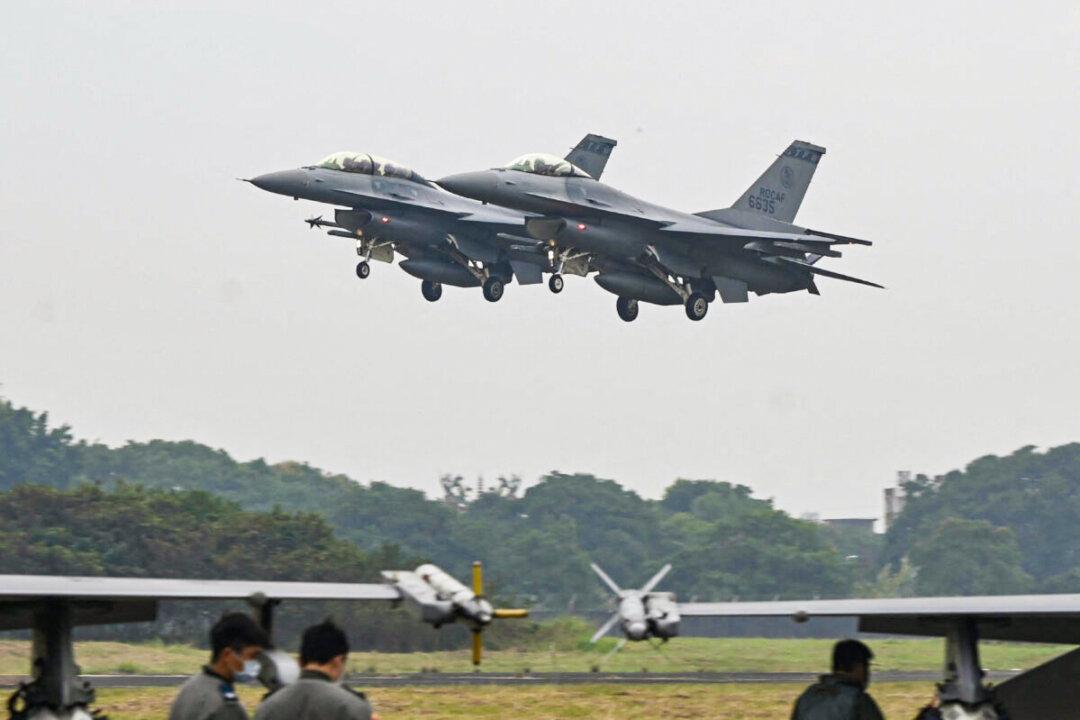TAIPEI, Taiwan—Military strategists worldwide have been analyzing the war in Ukraine, particularly how Ukrainians have been able to stall the military advancement of much powerful Russia using mobile weapons, including Javelin anti-tank missiles and the Stinger portable air-defense system.
These strategists are making comparisons to Taiwan, an island that would also be fighting a much more powerful foe, should the Chinese regime take a cue from Russia and invade its democratic neighbor.





